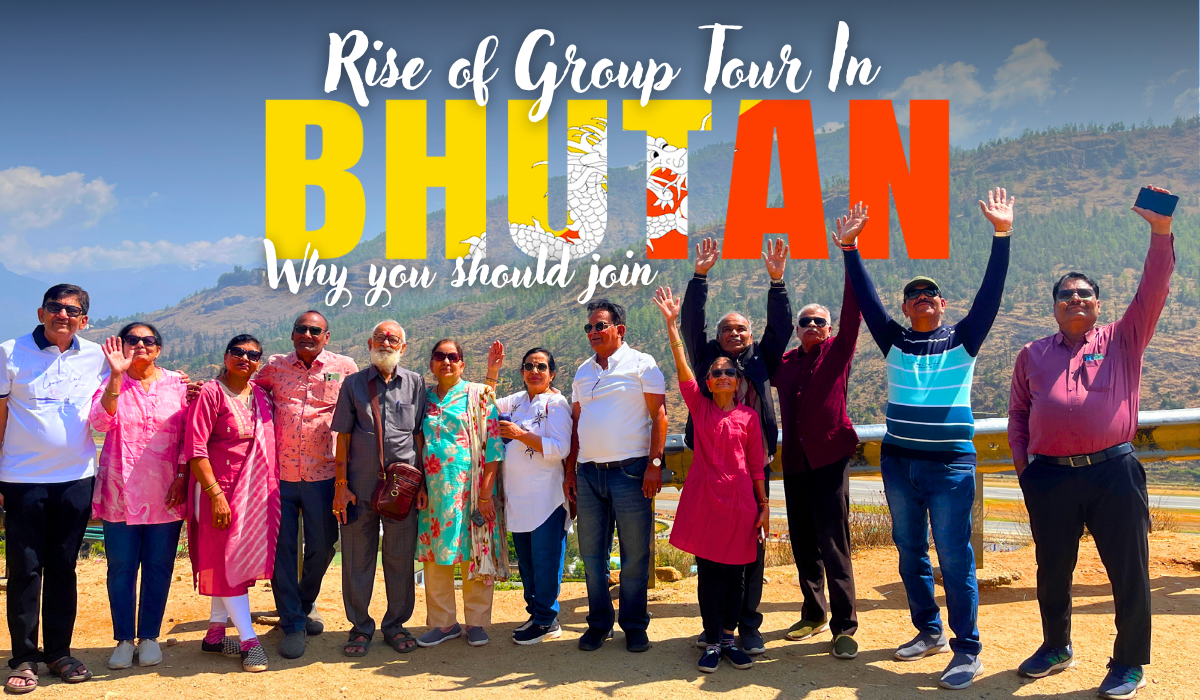Explore the untouched charm of Sikkim and Bhutan, two Himalayan gems where tradition, nature, and spirituality live in harmony. Picture yourself wandering through Sikkim, India’s first organic state, or experiencing Bhutan, the world’s only carbon-negative country. As you travel through these serene landscapes, mindful choices will not only elevate your experience but also help preserve their purity and cultural richness.

Deepening Your Cultural Immersion
In both Sikkim and Bhutan, Buddhism plays a central role in everyday life. Understanding and respecting local customs allows you to engage more deeply with the people and their heritage.
- Dress with Respect: Covering shoulders and knees when entering monasteries (Lhakhangs) and dzongs shows humility and understanding.
- Walk Mindfully: Always move clockwise around religious sites and prayer wheels—this practice reflects centuries-old beliefs.
- Celebrate the Culture: Festivals like Sikkim’s Losar or Bhutan’s Tshechus offer vibrant glimpses into traditional life. When attending, observe quietly and follow the community’s guidance.

Minimizing Your Environmental Footprint
Both regions set strong examples in eco-conscious tourism. Bhutan’s carbon-negative achievement and Sikkim’s plastic ban are testaments to their deep commitment to sustainability.
- Carry Reusables: Bring a refillable bottle, and reusable bags, and avoid single-use plastics wherever possible.
- Eco-friendly Toiletries: Opt for biodegradable products and dispose of waste properly, especially when exploring rural or high-altitude regions.
- Save Water and Energy: Simple habits—like turning off taps and lights—go a long way in conserving resources.

Empowering Local Communities
Travel that benefits the locals is not only more authentic—it’s more fulfilling. Here’s how you can make your journey supportive and sustainable:
- Stay Local: Sikkim’s homestays and Bhutan’s community-based lodges let you experience daily life up close, while your spending directly supports the hosts.
- Dine Authentically: Try traditional dishes like momos, thukpa, and gundruk in Sikkim, or ema datshi and phaksha paa in Bhutan. Eating locally supports farmers and cuts down on food transport emissions.
- Shop Handcrafted: Pick up souvenirs directly from artisans—your purchase helps keep centuries-old skills alive.
- Hire Local Guides: Not only do they offer fascinating insights into culture and history, but you’re also helping their livelihood thrive.

Respecting Natural Treasures
Sikkim and Bhutan are teeming with unique biodiversity. Protecting this natural beauty is part of what makes eco-travel in the Eastern Himalayas so special.
- Stick to the Trail: During treks, always follow marked paths to avoid harming fragile ecosystems.
- Wildlife Etiquette: Observe animals from a safe distance. Avoid loud noises and do not feed or touch wildlife.
- Use Resources Wisely: Whether you’re staying in a mountain village or a remote camp, be thoughtful with your use of firewood and water.
- Choose Low-impact Travel: Whenever you can, walk, cycle, or use public transportation. It’s a small step that makes a big difference.

Additional Tips for a Meaningful Journey
- Ask Before Photographing: A polite request before clicking someone’s photo is always appreciated.
- Be Altitude Aware: High-elevation areas can cause discomfort. Stay hydrated, take it slow, and listen to your body.
- Support Conservation: Consider donating to or volunteering with local organizations working to preserve nature and heritage.
Ready to Travel the Responsible Way?
Traveling through Sikkim and Bhutan isn’t just about seeing the sights—it’s about forming meaningful connections, leaving a positive impact, and experiencing the region with respect and care.
With Tripjyada, you can plan a responsible journey that’s smooth, safe, and supportive of local communities. From booking eco-friendly accommodations to exploring hidden gems with local guides, we help you travel thoughtfully.








